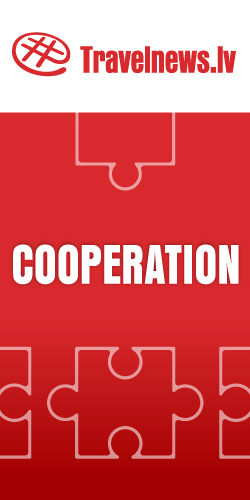Rules from 1 May 2009
On 1 May 2009, clearer EU rules on the introduction of personal consignments of animal products into the EU will enter into force. This new legislation intends to clearly explain to the general public the rules concerning the introduction of animal products into the European Union. Indeed, animal products brought into the EU by travellers or through the post, could pose a risk to the health of EU livestock by carrying with them certain animal diseases such as foot and mouth disease. The general public therefore plays an important role in ensuring biosecurity and keeping such diseases out of the EU.
- Travellers will not in general be allowed to bring in meat, milk or their products, unless they are coming with less than 10 kilograms of meat, milk or their products from Croatia, the Faeroe Islands, Greenland, or Iceland.
- There will also be an exemption for powdered infant milk, infant food, and special foods or special pet feed required for medical reasons, if weighing less than 2 kilograms and provided that:
- such products do not require refrigeration before opening,
- that they are packaged proprietary brand products for direct sale to the final consumer, and
- the packaging is unbroken unless in current use.
- For fishery products (including fish and certain shellfish such as prawns, lobsters, dead mussels and dead oysters), travellers will be able to bring in up to 20 kilograms or the weight of one fish if this is higher. However, there will be no such weight restriction for travellers coming from the Faeroe Islands or Iceland.
- For other animal products, such as honey, live oysters, live mussels and snails for example, travellers will be able to bring in up to 2 kilograms.
- These rules will not apply to animal products transported between the 27 Member States of the EU, or for animal products coming from Andorra, Liechtenstein, Norway, San Marino, and Switzerland.
To publish this article please contact BalticTravelnews.eu editorial board
 --------
--------

.png)


.jpg)
